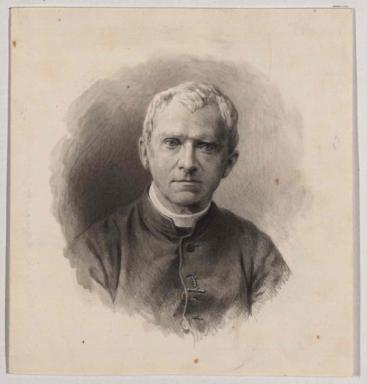B. Nov. 20, 1826, Bolechowice (near Cracow). Having settled in France, Kalinka began working with the Hôtel Lambert circle. With Julian Klaczko he edited Wiadomości Polskie (1857-61), regarded as one of the best Polish magazines in the nineteenth century. In 1870 Kalinka became a Catholic priest. He spent his last years in Poland. Kalinka combined his pastoral duties with scholarly work. He owed his renown above all to his fundamental historical works concerned with the decline of Poland in the eighteenth century and attempts to revitalize it during the Four-Year Sejm Sejm czteroletni [“The Four-Year Sejm”], vol. 1-3, 1880-88; Ostatnie lata panowania Stanisława Augusta [“The Last Years of King Stanislas’ Reign”, vol. 1-2, 1868). They created the foundations for an important current in Polish historiography, known as the “Cracow historical school”, pointing to domestic reasons for the decline in Polish power, which in their opinion led to the partitions and the disappearance of Poland from the map of Europe. Other noteworthy works of Kalinka are the polemic with the absolutism of Franz Josef: Galicia i Kraków pod panowaniem austriackim (“Galicia and Cracow Under the Austrian Rule”, 1853) and his best essayistic achievement, Upadek Francji i przyszłość Europy (“The Downfall of France and the Future of Europe”), where he predicted that the implementation of liberal and socialist doctrines in the political and social life of the continent will lead to dire consequences. D. Dec. 16, 1886, Lvov.

